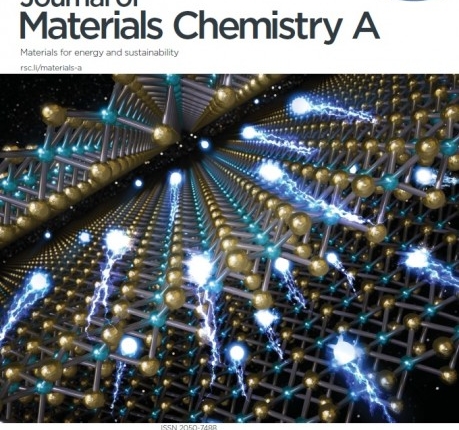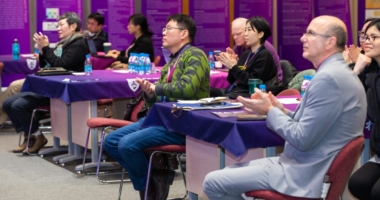A team of researchers led by Dr. Ha Yoon-Cheol from KERI and Dr. Cheol-Min Park from KIT developed a low-cost production technology for silicon disulfide (SiS2) that can accelerate the commercialization of all-solid-state batteries (ASSBs). The team succeeded in establishing synthesis conditions by optimizing the arrangement of sulfur and silicon powders, creating a perfectly sealed environment to withstand the vapor pressure of sulfur at 800 degrees of reaction temperature. The resulting product was of comparable quality to commercially available products. Solid-state electrolytes made with their silicon disulfide showed more than twice the ionic conductivity and moisture stability. KERI is preparing a patent application for this technology, anticipating strong interest from companies related to ASSBs.
KERI-KIT Develops Low-Cost Production Technology for Silicon Disulfide to Improve Solid-State Electrolytes for All-Solid-State Batteries
A team of researchers led by Dr. Ha Yoon-Cheol from the Next Generation Battery Research Center at Korea Electrotechnology Research Institute (KERI) and Dr. Cheol-Min Park from the School of Materials Science and Engineering at Kumoh National Institute of Technology (KIT) has developed a low-cost production technology for silicon disulfide (SiS2) that can potentially accelerate the commercialization of all-solid-state batteries (ASSBs).
ASSBs are designed to replace liquid-state electrolytes with a solid less prone to fire or explosion. However, the high cost of producing solid-state electrolytes, along with difficulties in processing and mass production, has hampered commercialization. To address these challenges, Dr. Ha’s team looked to silicon disulfide, which is known to improve ionic conductivity and moisture stability of solid-state electrolytes.
However, silicon disulfide production is tricky, requiring a high reaction temperature that leads to surges in the vapor pressure of sulfur, the material used in the production process. This has made silicon disulfide a very expensive material, costing about KRW 1.7 million per 20 grams.
KERI developed a process technology for the optimal production of silicon disulfide that can help simplify production and reduce costs. The team established synthesis conditions by optimizing the arrangement of sulfur and silicon powders and creating a perfectly sealed environment to withstand the vapor pressure of sulfur at 800 degrees of reaction temperature. The resulting product was of comparable quality to commercially available products, and solid-state electrolytes made with their silicon disulfide showed more than twice the ionic conductivity and moisture stability.
According to Dr. Ha, the team’s achievement will contribute to producing silicon disulfide for solid-state electrolytes more affordably and with less difficulty than previously. This breakthrough in low-cost production technology for silicon disulfide has the potential to improve solid-state electrolytes and accelerate the commercialization of all-solid-state batteries.
KERI Prepares Patent Application for Silicon Disulfide Production Technology
The team led by Dr. Ha Yoon-Cheol from KERI developed a low-cost production technology for silicon disulfide (SiS2) that can potentially accelerate the commercialization of all-solid-state batteries (ASSBs). The team applied the new silicon disulfide as an anode active material for liquid electrolyte-based lithium-ion batteries, identifying the destruction and recovery of layered structures during charging and discharging for the first time in the world. The team’s findings were published in the recent edition of the Journal of Materials Chemistry A, a world-leading journal in the field of energy and fuel research.
KERI is preparing a patent application for this technology, anticipating strong interest from companies related to ASSBs. The institute plans to pursue the up-scaling and commercialization of the silicon disulfide production process with material production companies for solid-state electrolytes, electrode/membrane equipment companies, cell assembly companies, and others.
Don’t miss interesting posts on Famousbio









